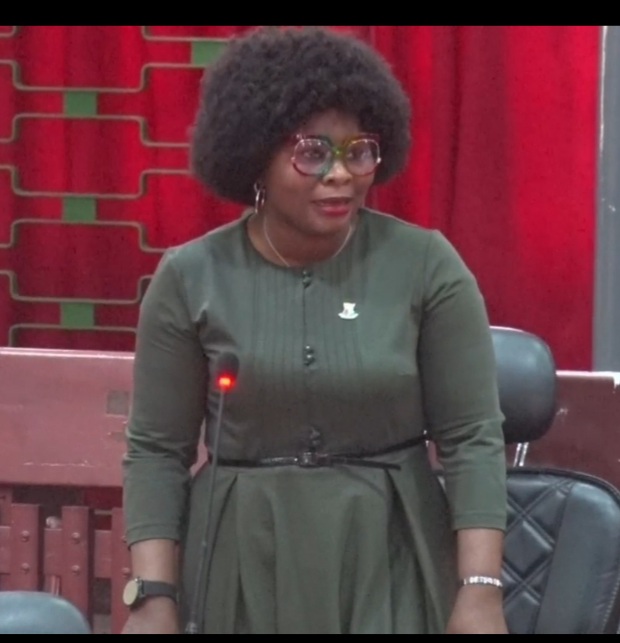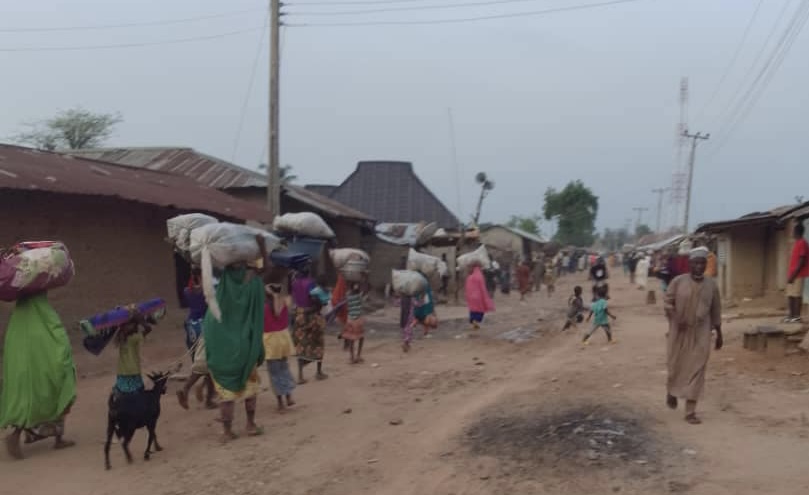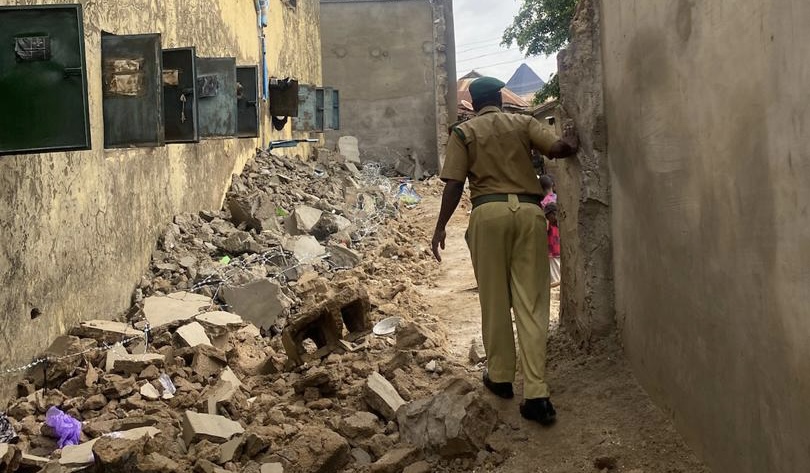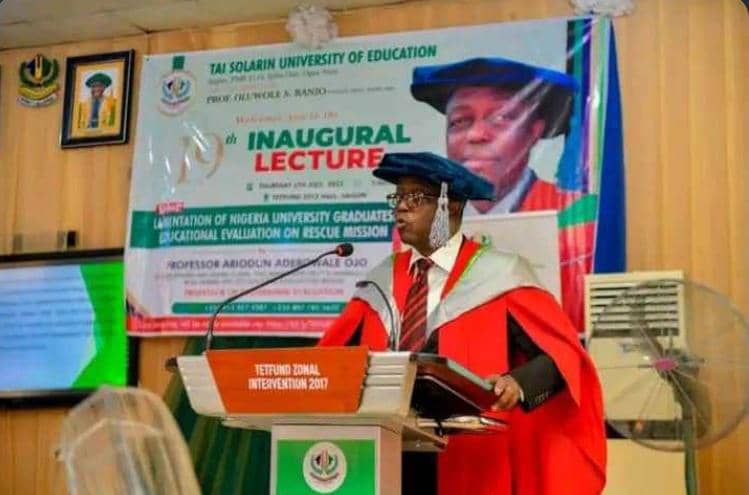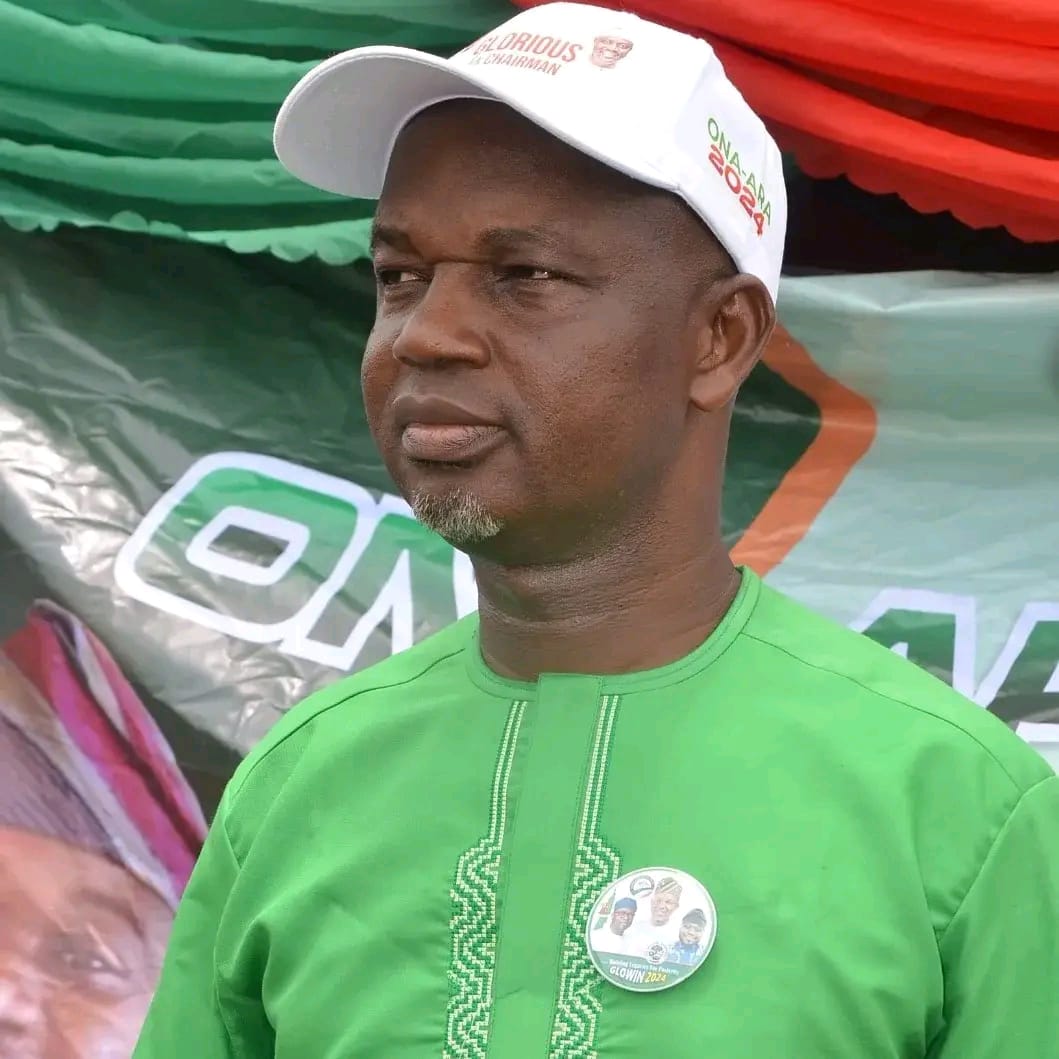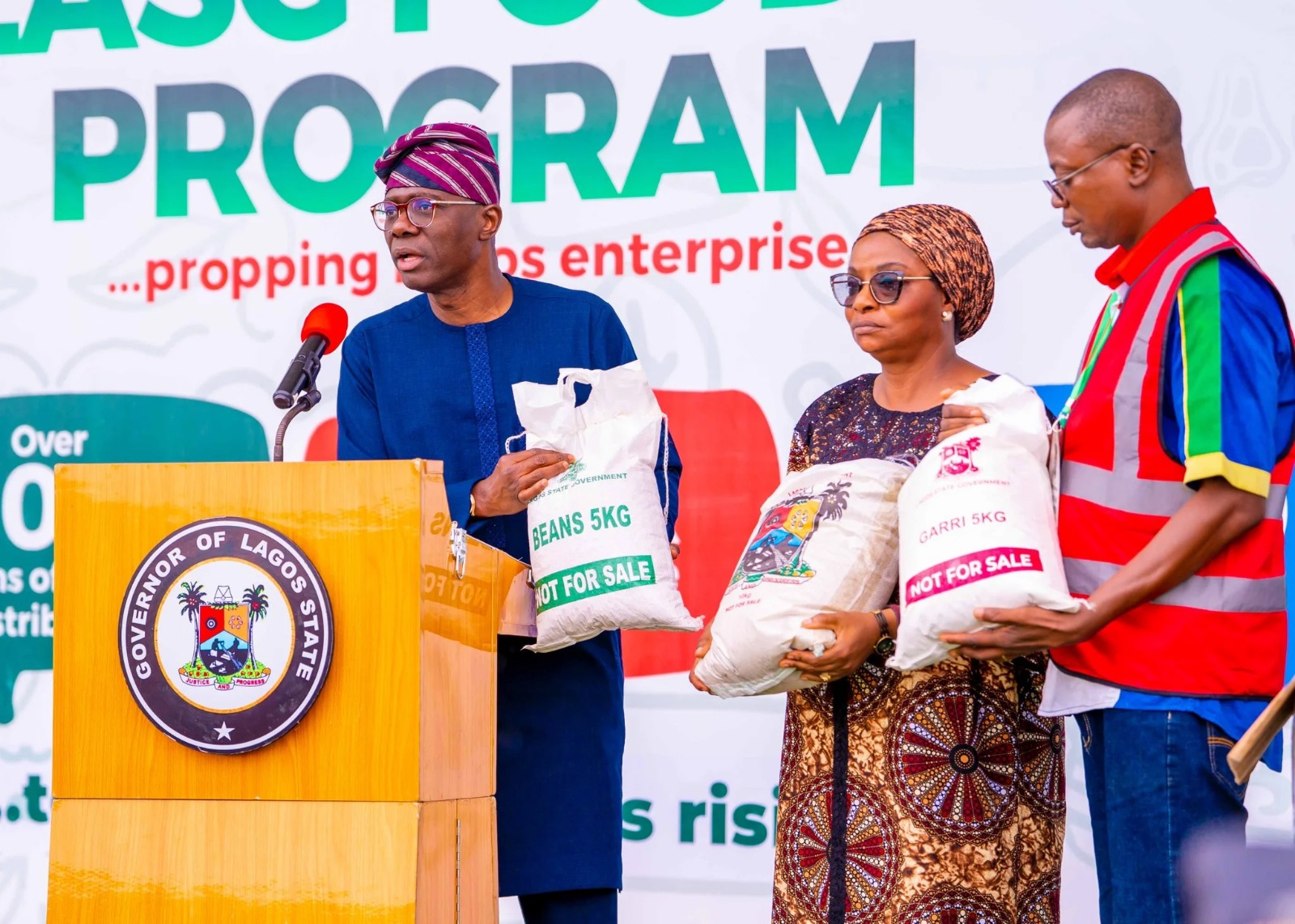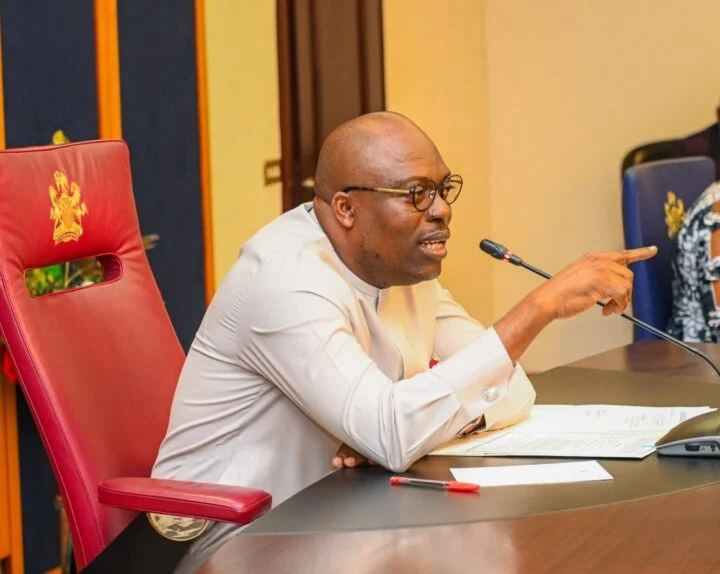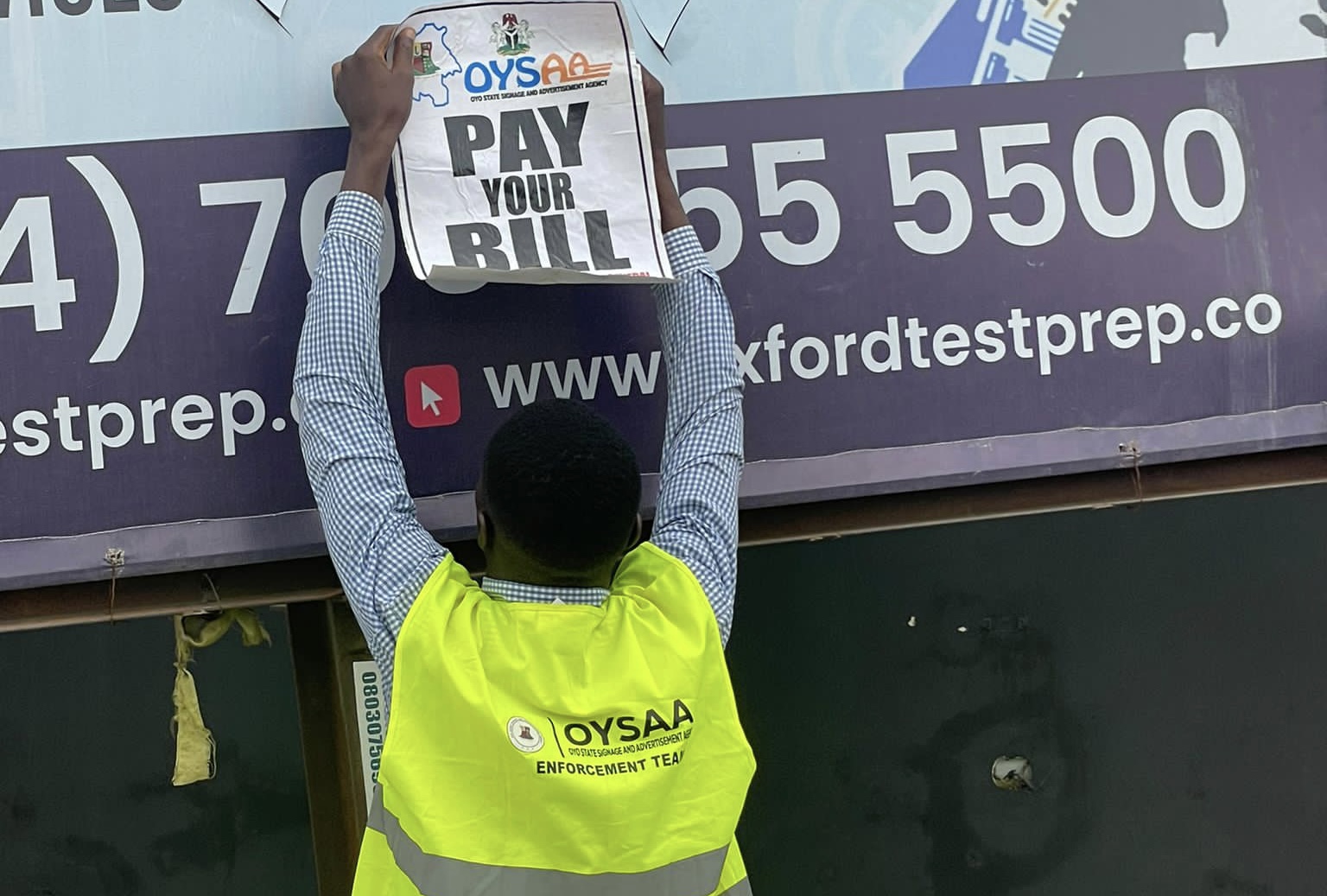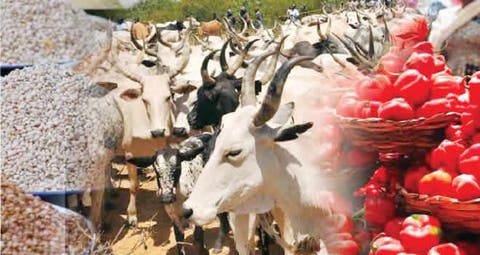Food blockade to South-West taught us to redevelop capacity to feed our people — Farmers
For almost two decades and still counting, Thomson Asaya has established himself as a hard-working and successful farmer, growing rice, maize and yams on hectares of land at Ofada – a semi-agrarian community in the Obafemi Owode Local Government Area of Ogun State.
Yearly, he turned out tens of bags of rice, several tubers of yam and sacks of maize sold to markets in the Gateway State and neighbouring commercial centres in Lagos and Oyo states.
Every season, Asaya strives to meet up with the increasing demand for his produce in the region and has resolved to add two other crops to the mix next planting season. His decision to grow peppers and tomatoes in commercial quantities was informed by his drive to ensure food sufficiency in the region, especially in the light of the recent reported blockade of food supply from the northern part of the country.
“It is painful that the South has relaxed in growing crops such as pepper, tomatoes, yams, beans brought from the North,” Asaya, Chairman Rice Growers’ Association in Ofada, told Newsmen.
The Amalgamated Union of Foodstuff and Cattle Dealers in Nigeria had declared nationwide strike on Thursday, February 25, leading to a stoppage of food supply to the southern part of the country.
The AUFCDN premised the strike on the alleged killing of its members and property lost during the #EndSARS protests and the Sasa market crisis, demanding N4.75bn compensation from the Federal Government.
Although the strike had been called off since Wednesday Asaya and other farmers in the affected states, who spoke to our correspondents during the week, said the incident was a wakeup call for the region to live up to its full potential in farming.
“The blockade of food supply from the North is a lesson to us,” Asaya declared. “I can tell you categorically that the land in the North is not as fertile as the one in the South but people over there are more committed to farming than those of us in the South.”
With support from the government, Asaya affirmed that effective farming in the South could guarantee food sufficiency as it used to be in decades past.
He said, “Our forefathers were dedicated to farming; we should follow suit. Everyone should strive to have a garden for growing crops. As farmers in the South, all we need to do is to increase our production to meet the demand. Apart from rice, yam, and maize, I am going into full-time production of peppers and tomatoes starting from this year.
“Government should show commitment to farming and assist farmers in terms of provision of fertiliser, seed and other aids. People need to be encouraged to go into farming. Our people are more interested in office work.”

